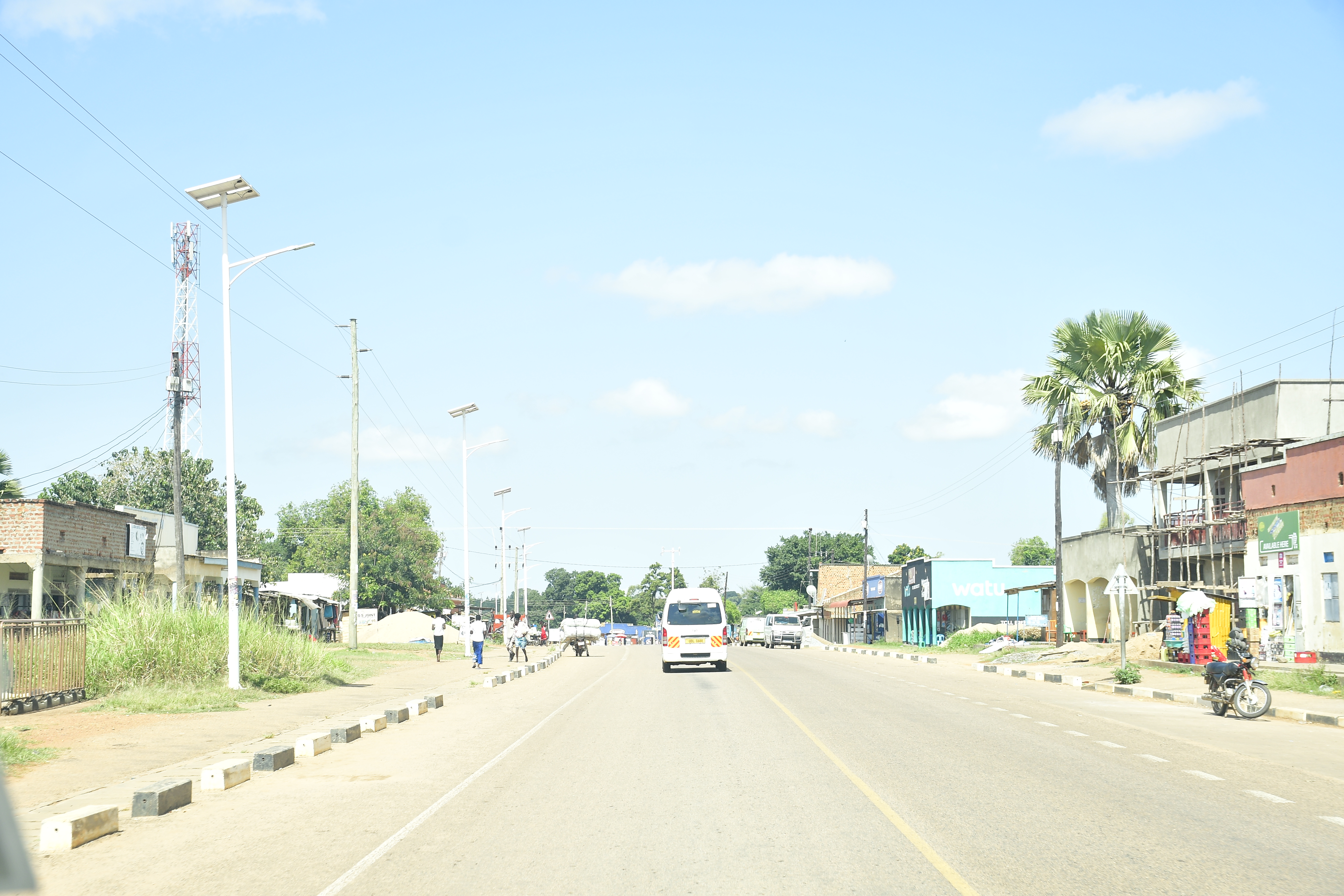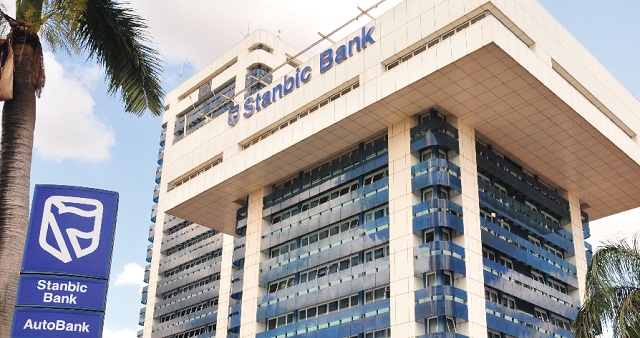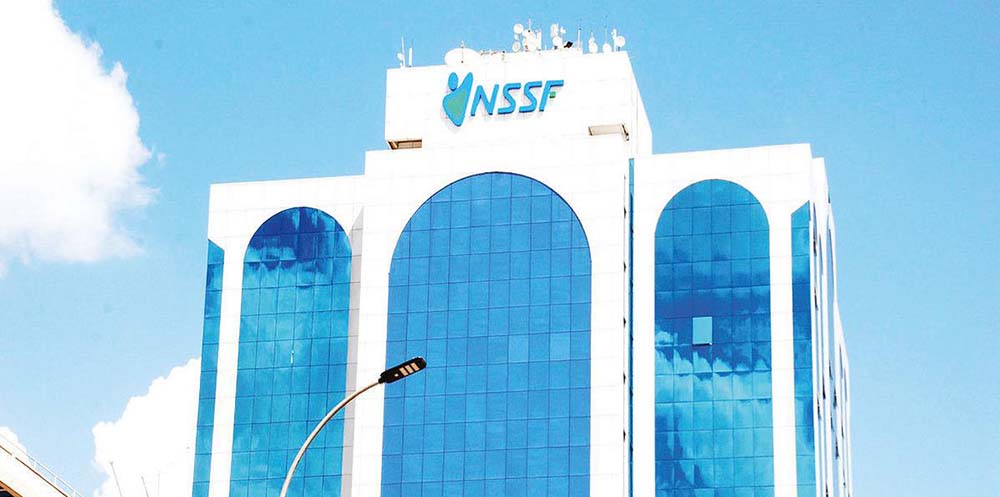Financial Markets: Uganda Top In EAC

BoU's Atingi-Ego (L) and Absa's Kalifungwa at the report launch
Uganda has once again asserted its dominance in the East African financial landscape, with the latest Absa Africa Financial Markets Index, highlighting the country's remarkable growth trajectory.
Released in Kampala on February 6, the report places Uganda at the forefront of financial market development in the region, ranking fourth across the continent.
The Absa Africa Financial Markets Index evaluates the financial market development of 28 countries, spotlighting economies with the most conducive environments for effective markets.
- Uganda's score of 62.8 in the 2023 report surpassed its regional counterparts, with Kenya at 59, Tanzania at 55, Rwanda at 44, and the Democratic Republic of Congo at 35.
While Uganda trails South Africa, Mauritius, and Nigeria in the continental ranking, the report commends the country's robust macroeconomic environment and transparency.
Notably, Uganda excels in policy transparency, macroeconomic data standards, and maintains a relatively low inflation rate.
- However, the report also highlights areas for improvement. For instance, Uganda's score dipped from 64.4 in 2022, primarily due to challenges in accessing foreign exchange, leading to a decline in international reserves adequacy.
 Dr. Michael Atingi-Ego, the BoU Deputy Governor
Dr. Michael Atingi-Ego, the BoU Deputy GovernorInitiatives to enhance liquidity in domestic markets and bolster local investor participation are underway, aiming to address these shortcomings.
Mumba Kalifungwa, the Absa Uganda Managing Director, celebrated Uganda's consistent rise in the rankings over the years, noting the country's improved position from 10th in 2017 to 4th in 2022, which it maintained in 2023.
Kalifungwa emphasized Uganda's resilience amidst global challenges, crediting the country's decisive macroeconomic policies.
"We have maintained this position as a country for two years now, ranking closely behind big economies like Nigeria and South Africa, which is commendable," he said
- Deputy Governor of the Bank of Uganda, Michael Atingi-Ego, echoed the sentiment, acknowledging Uganda's commendable performance despite external pressures.
- He attributed Uganda's economic resilience to the Bank of Uganda's proactive measures in stabilizing the economy and financial system.
He acknowledged the impact of the COVID-19 pandemic and the Russia-Ukraine conflict on the economy, citing pressures on domestic inflation and liquidity due to supply chain disruptions and higher interest rates. "This performance is credited to our decisive macroeconomic and macro-prudential policy measures for shielding the economy and financial system from the full impact of external shocks," he said.
He highlighted ongoing initiatives aimed at deepening financial markets, which have contributed to stabilizing exchange rates and lowering inflation rates. While Uganda's economic growth has rebounded above the long-term average post-COVID, sectoral disparities persist. Key indicators such as business sentiment remain positive, while credit creation stagnates. Inflation has notably decreased, driven by a significant drop in food inflation.
Looking ahead, Absa forecasts a modest increase in inflation, reaching the 5% target mid-year before easing back to 4.4% by December. However, potential risks, including geopolitical tensions and volatile global financial markets, underscore the need for prudent fiscal policies. As Uganda navigates these challenges, the message from the International Monetary Fund (IMF) emphasizes fiscal reform, urging a strategic approach to fiscal policy anchored by credible medium-term strategies.









































































